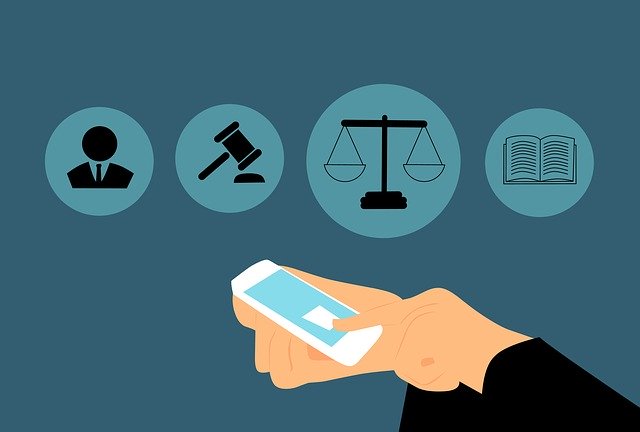No one wants to find themselves in the difficult situation of contemplating a lawsuit, especially when that lawsuit is aimed at an employer or former employer. Taking legal action against someone who has wronged you is already a stressful enough situation, but when that someone has more authority than you, it can appear hopeless. However, there are actions you can take to ensure that this process is as stress-free as possible, and as long as you’re willing to note the below points, you should receive a fair settlement.
Before You Sue
It’s important to bear some things in mind before you immediately take legal action. For instance, do you have anyone who can back up your claims, such as colleagues? You may find it more difficult to validate your claims without anyone willing to back you up. It’s also worth checking your company’s grievance policies with the HR department, so you know for certain if your employers have breached any regulations. You may find that you are able to resolve your issues through mediation with HR, but if this proves to be impossible, then there are several valid grounds for a lawsuit, including:
- Discrimination – when you have been treated poorly because of your race/gender/religion, etc.
- Personal Injury – when you have been injured at work as a result of your employer’s negligence, or your employer has failed to compensate for your injuries.
- Sexual Harassment – when you have experienced inappropriate behavior in the workplace, such as unwanted sexual conduct, inappropriate language, and touching, etc.
- Defamation – when your character/reputation is tarnished by false claims.
- Wrongful Termination – when your termination breaches terms of your contract of employment.
- Hostile Work Environment – when someone’s discriminatory behavior makes your work environment difficult and intimidating.
It is worth trying to resolve matters internally before proceeding with a lawsuit, as they can be emotional and time-consuming.
Gather Evidence
It can be difficult for companies to fight a lawsuit if the employee in question has irrefutable evidence of their claims. So, make sure you keep detailed notes. These can either be emails containing offensive/discriminatory content, records of the harassment you have faced, copies of performance reviews that portray you unfairly, etc. It is also essential that your notes are all dated, especially if the events in question have been ongoing, and that you have recorded the names of anyone who witnessed the said incident. By keeping everything factual – and avoiding becoming overly emotional – you are presenting your case in a professional manner. If you do become emotional, then you can appear unreliable, and although these situations are understandably distressing, losing your temper will only hinder your efforts.
Hire a Professional
You will likely feel extremely intimidated when facing your employers, especially with all the legal jargon surrounding your case. Having an employment lawyer at your side will alleviate some of the pressure, as they can guide you through the complicated procedures. They will have relevant experience in dealing with workplace grievances and will be able to advise you of your rights and how to best negotiate your resolution. An employment lawyer will:
- Advise you on Settlement Agreements
- Review contracts of employment
- Advise you on contract breaches
- Negotiate better exit packages if you have been made redundant
Filing a lawsuit isn’t always the first port of call, but when it does become applicable, having a professional fight your case is always worth it.



